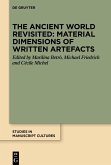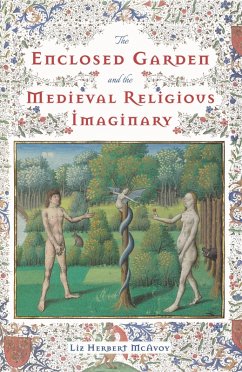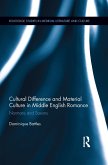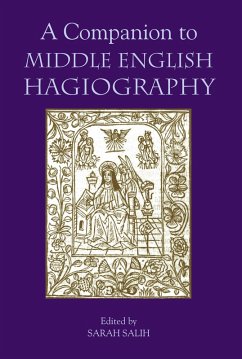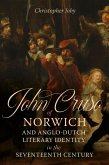A new, materialistic reading of the Alfredian corpus, drawing on diverse approaches from thing theory to Augustinian principles of use and enjoyment to uncover how these works explore the material world.
The Old English prose translations traditionally attributed to Alfred the Great (versions of Gregory's Regula pastoralis, Boethius' De consolatione philosophiae, Augustine's Soliloquia and the first fifty Psalms) urge detachment from the material world; but despite this, its flotsam and jetsam, from costly treasures to everyday objects, abound within them.
This book reads these original and inventive translations from a materialist perspective, drawing on approaches as diverse as thing theory and Augustine's principles of use and enjoyment. By focussing on the material, it offers a fresh interpretation of this group of translations, bringing out their complex, often contradictory, relationship with the material world. It demonstrates that, as in the poetic tradition, wealth in Alfredian literature is not simply a tool to be used, or something to be enjoyed in excess; rather, in moving away from these two static binaries, it shows that wealth is a current, flowing both horizontally, as an exchange of gifts between humans, and vertically, as a salvific current between earth and heaven. The prose translations are situated in the context of Old English poetry, including Beowulf, The Wanderer, The Seafarer, the Exeter Book Riddles and The Dream of the Rood.
The Old English prose translations traditionally attributed to Alfred the Great (versions of Gregory's Regula pastoralis, Boethius' De consolatione philosophiae, Augustine's Soliloquia and the first fifty Psalms) urge detachment from the material world; but despite this, its flotsam and jetsam, from costly treasures to everyday objects, abound within them.
This book reads these original and inventive translations from a materialist perspective, drawing on approaches as diverse as thing theory and Augustine's principles of use and enjoyment. By focussing on the material, it offers a fresh interpretation of this group of translations, bringing out their complex, often contradictory, relationship with the material world. It demonstrates that, as in the poetic tradition, wealth in Alfredian literature is not simply a tool to be used, or something to be enjoyed in excess; rather, in moving away from these two static binaries, it shows that wealth is a current, flowing both horizontally, as an exchange of gifts between humans, and vertically, as a salvific current between earth and heaven. The prose translations are situated in the context of Old English poetry, including Beowulf, The Wanderer, The Seafarer, the Exeter Book Riddles and The Dream of the Rood.
Dieser Download kann aus rechtlichen Gründen nur mit Rechnungsadresse in A, D ausgeliefert werden.



